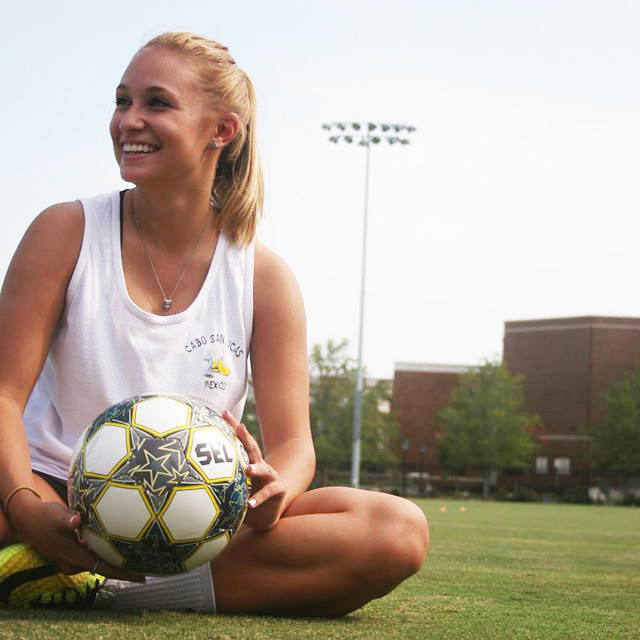Have you ever heard someone say, "Oh, that person? Yeah, they eat, sleep and breathe fitness." Well, professional athletes really do. Focusing on sleep is just one of the many things these super humans do everyday that we mere mortals do not.
Since exercise breaks down your muscles and drains your body of essential fluids and electrolytes, getting great sleep is one of the most important things you can do to help your body recover after a hard workout.
But there’s a lot more to great sleep than just getting your full eight hours every night, and pro athletes have spent years perfecting their sleep environment and routines to ensure they wake up everyday ready to tackle the next challenge.
MORE:The 12 Best Cooling Mattresses for Active People


